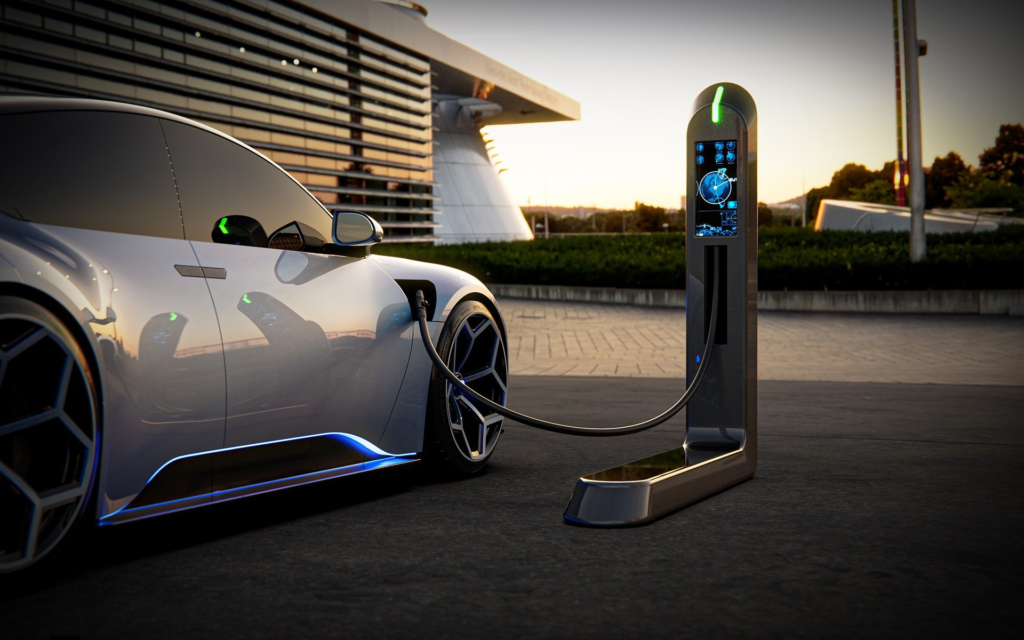India’s EV ecosystem is on the verge of transformation by technological development, government policies, and the uptrend of consumer interest. The country is going through the transformational judgement in direction of sustainable mobility, and the EV adoption is rising throughout all segments, be it two-wheelers or business automobiles. Industry is transforming with large investments, global partnerships and product launches alongside positioning India as the hub for the global EV news value chain.
This article will cover the latest news and developments in the Indian EV sector, including all the market trends, policy initiatives and the future of e-mobility in one of the fastest-growing economies in the world. Join us as we explore the stories behind the changes propelling India to a cleaner and greener tomorrow.

What is the current status of Electrical Vehicle in India?
EV NEWS: EV sector still at a nascent stage in India Although EV penetration remains at an embryonic stage vs the rest of the world, the industry is growing momentum rapidly owing to:
More people are buying them: EV sales are up substantially year-on-year, indicating growing consumer interest and acceptance.
Investment and Collaboration: Domestic and foreign players are investing in India’s EV ecosystem − from car manufacturing to battery manufacturing.
Variety: There is now a nearly comprehensive range of EVs in the market from two-wheeler to bus, so consumer needs should be sufficiently dilated.
The market is growing steadily and is expected to be a key player in the country’s pursuit for sustainable mobility in the face of challenges in the form of limited charging infrastructure, high upfront costs, reliance on battery imports.
Which EV has 700 km range in India?
In India 700-km EVs are coming, but they are mainly from the premium segment. Notable models include:
Kia EV6
The Kia EV6 GT Line is available with two battery sizes, including a 77.4 kWh pack and a claimed range of upwards of 700 km. With modern styling and some advanced features, it targets the luxury electric vehicle (EV) space in India.
YouTube
BYD Seal EV
BYD displays the range on its India website as 700 km, as it lists the Seal EV. This iteration is likely to come out in the space of around a month(s) and is primarily targeted towards equipping the Indian EV sector with a long-range version.
Times of India
Xiaomi SU7 EV
The Xiaomi SU7 EV has a claimed range of 700 km. For consumer looking for range and performance, is priced around ₹24.8 lakh, offers both fast-charging and a top speed of 210 km/h.
Financial Express
These are the cutting-edge of EV technology and are capable of longer ranges for highway travel within the country. With the development of the EV market, it is only a matter of time until other manufacturers bring vehicles that can match or exceed this range.
Is There a Promising Future for EVs in India?
The Indian EV market is expected to grow by leaps and bounds in the next few years with annual sales estimated to rise from 1.7 million units in FY 2023-24 to 10 million units by 2033.
Which is the cheapest EV in India?
MG Comet EV is India’s most affordable EV at ₹6.99 lakh (ex-showroom)) It has a range of 230 km and is aimed at city commuting. Other cheap options include the Tata Tiago EV (from ₹7.99 lakh) and the Tata Punch EV (from ₹10.99 lakh.
Who is the leader in EV market in India?
Tata Motors remains a leader in the Indian electric vehicle (EV) market, commanding a dominant share of about 72%. With the Tata Nexon EV, Tata Tigor EV and Tata Tiago EV, the manufacturer has played a pivotal role in shaping the EV segment in India across various price brackets.
Is EV better than petrol?
The environmental footprint of EVs is far lower than petrol or diesel vehicles. For instance, EVs can convert about 60% of the electrical energy from the grid to power at the wheels while only about 17%-21% of the energy stored in petrol and diesel fuel are converted to wheels.
Who invented EV in India?
India’s first electric vehicle was launched in 1996 — a three-wheeler called Vikram Safa, introduced by Scooter India Pvt Ltd. Only about 400 units were made and sold. BHEL (Bharat Heavy Electricals Limited) also introduced an 18-seater electric bus in 2000, which also received notable attention.



Pingback: Electric Vehicle Import Duty in India: A Complete Guide - techmasteronline.com
Pingback: Companies Manufacturing Electric Vehicles In India - techmasteronline.com
Pingback: Electrical Vehicles in Bangladesh: A Complete Guide - techmasteronline.com
Pingback: Electrical Vehicles in India by 2030 - Tech Master Online